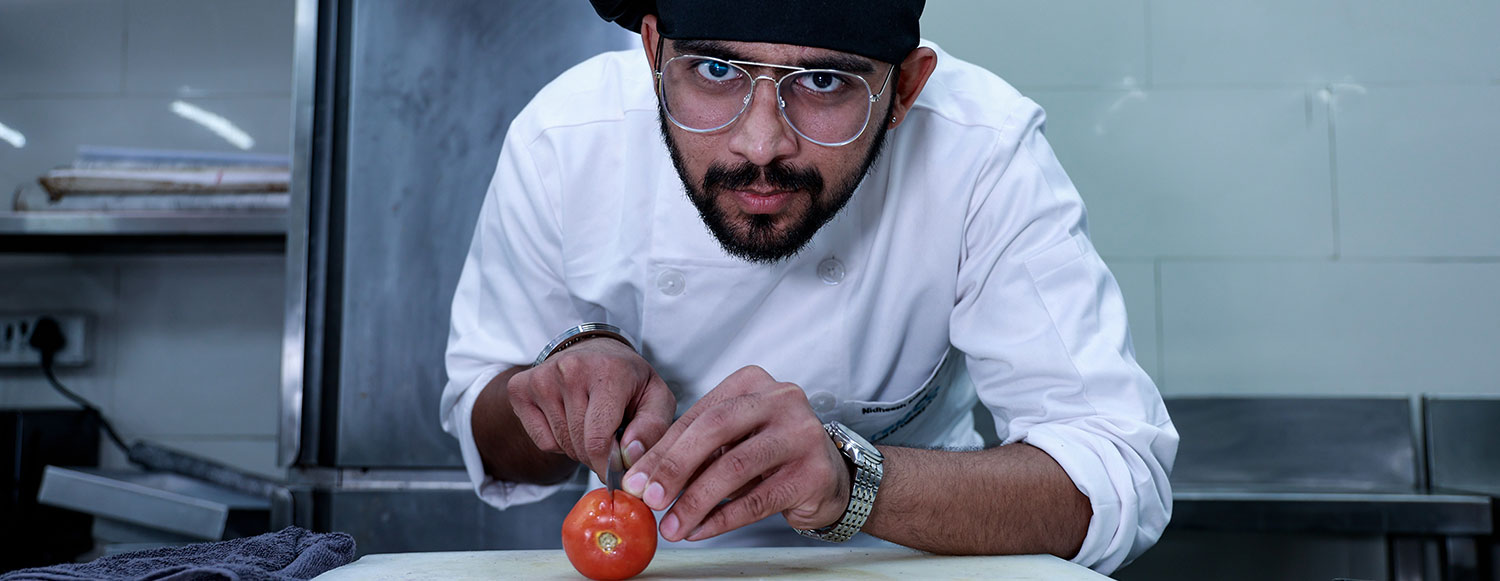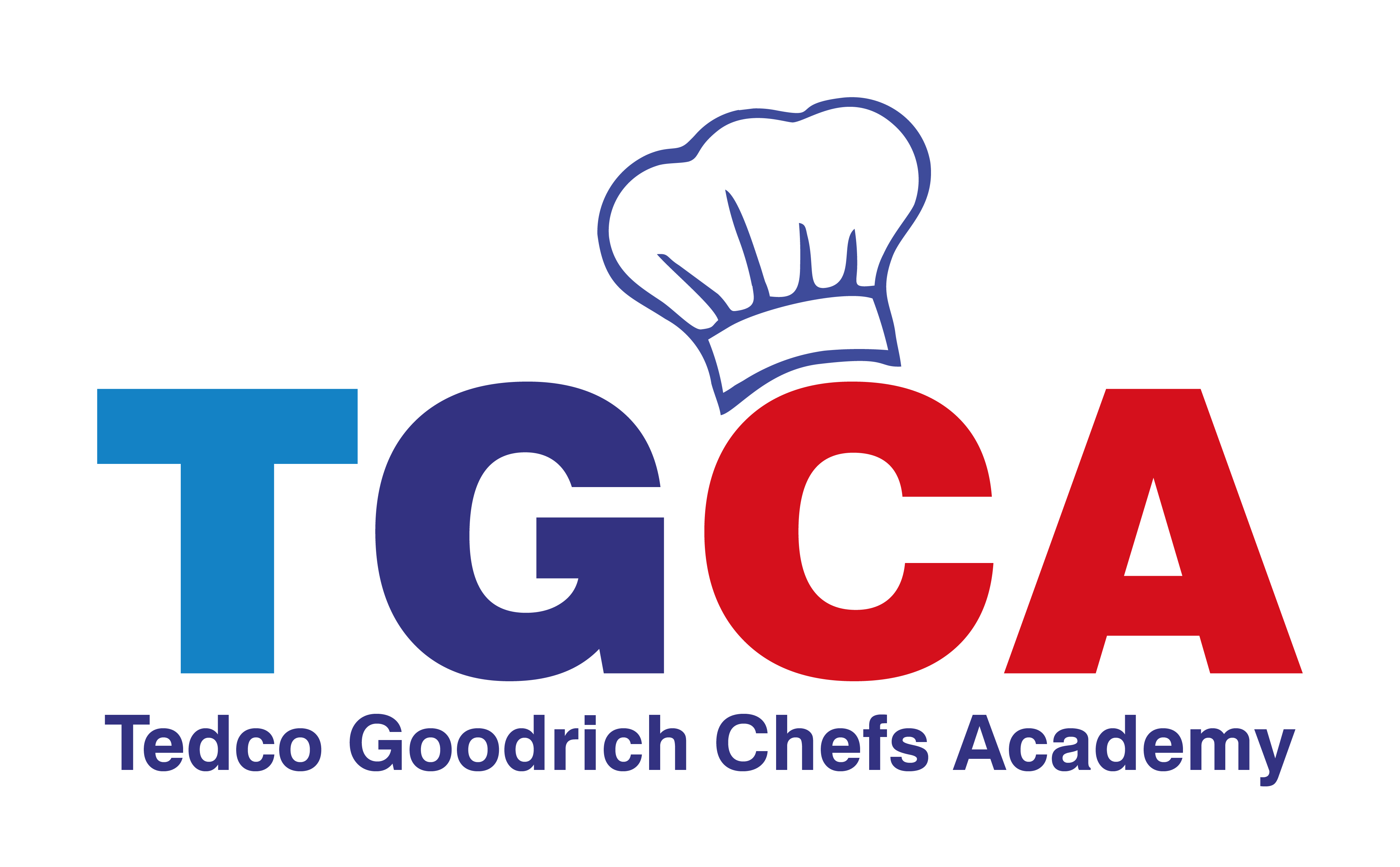Introduction
The culinary arts have evolved into one of the most sought-after professional fields in India and abroad. With the rise of global cuisines, luxury hotels, fine-dining restaurants, and even food entrepreneurship, the demand for professionally trained chefs is at an all-time high. Gone are the days when cooking was seen as just a household activity, it is now a full-fledged career path that blends creativity, skill, science, and artistry.
As more students aspire to become chefs, food entrepreneurs, or hospitality professionals, a common dilemma arises.
Both paths are valuable, but the choice depends on individual goals, career aspirations, financial considerations, and time commitment. In this detailed guide, we will break down the differences, advantages, disadvantages, and career prospects of both options, while also highlighting how students can choose the best route with the help of leading culinary arts colleges in India.
The Rise of Culinary Arts as a Career
Over the last decade, India has witnessed a tremendous boom in the food and hospitality industry. The global exposure to international cuisines, growing tourism, and the rise of television shows like MasterChef have further glamorized the profession of chefs. But beyond glamour, there is real growth in the industry:
- According to industry reports, the Indian food services market is projected to reach over ₹5.5 trillion by 2025.
- International chains are expanding rapidly, increasing the need for trained culinary professionals.
- Food startups, cloud kitchens, and luxury dining concepts are creating niche opportunities.
This means there is no shortage of opportunities for individuals passionate about food and culinary innovation. However, structured education is the key—and that's where the choice between a diploma and a degree becomes crucial.
Understanding Diploma in Culinary Arts
A Diploma in Culinary Arts is typically a short-term program that focuses on skill-based training in cooking, kitchen management, and food presentation.
Eligibility
- Most programs require a Class 10 or Class 12 qualification.
- Some institutes conduct basic aptitude or personal interviews.
Curriculum
A diploma emphasizes hands-on training more than theoretical study. Typical modules include:
- Knife skills and kitchen basics
- Indian and international cuisines
- Baking and pastry arts
- Food plating and presentation
- Nutrition and hygiene
- Kitchen management
Advantages of a Diploma in Culinary Arts
- Shorter duration: Designed for students eager to enter the workforce quickly, providing intensive training within months instead of years.
- Practical learning: Focuses on hands-on kitchen sessions rather than lengthy lectures, building real cooking, baking, and food preparation skills.
- Affordable: Costs less than a full-fledged degree program, making professional culinary education accessible to more students.
- Flexible entry: Open to candidates after Class 10/12 with minimal academic requirements, focusing instead on passion for cooking and hospitality.
- Quick employability: Equips graduates with industry-ready skills to secure entry-level jobs, internships, or apprenticeships immediately after course completion.
Career Opportunities After Diploma
- Commis Chef (Junior Chef): Entry-level position where graduates assist senior chefs, learn food preparation techniques, and gain hands-on experience in professional kitchens.
- Assistant Baker or Pastry Chef: Work in bakeries, patisseries, or dessert kitchens, mastering breads, cakes, pastries, and other baked goods under expert guidance.
- Line Cook in Hotels/Restaurants: Responsible for preparing dishes in a specific section of the kitchen, ensuring consistent quality, presentation, and speed during service hours.
- Kitchen Assistant in Cruise Liners or Airlines: Offers global opportunities where graduates prepare meals for international travelers while working in fast-paced, multicultural environments.
- Entrepreneur (Small Café, Bakery, Catering Services): Diploma holders can launch their ventures like cafés, bakeries, or catering services, turning culinary passion into an independent business.
Thus, a diploma in culinary arts is excellent for those who want to learn practical skills and quickly step into the professional world.
Understanding Degree in Culinary Arts
A Degree in Culinary Arts is a long-term academic program, usually structured like any bachelor's degree, but focused on culinary, hospitality, and management.
Eligibility
- Completion of Class 12 with minimum marks.
- Some universities require entrance exams or English proficiency (for international programs).
Curriculum
Degrees offer a balanced approach between theory, practice, and management. Students study:
- Culinary techniques and advanced gastronomy
- International cuisines (French, Italian, Japanese, etc.)
- Baking and confectionery
- Food science and nutrition
- Food safety and laws
- Kitchen and restaurant management
- Business management & entrepreneurship
- Communication and leadership skills
Advantages of a Degree in Culinary Arts
- Comprehensive Learning: A degree blends culinary techniques with theory, nutrition, management, and business studies, providing students with well-rounded knowledge for long-term career growth.
- Higher Career Progression: Degree holders often secure supervisory, managerial, or executive chef roles faster, as the qualification supports leadership responsibilities in hotels, restaurants, and global hospitality organizations.
- International Exposure: Many programs include exchange opportunities, global internships, or collaborations with foreign universities, helping students gain international culinary experience and broaden their cultural understanding.
- Recognition: Culinary degrees are widely recognized worldwide, making graduates eligible for advanced studies, research, and prestigious placements across international hotel chains and food service industries.
- Versatility: Degree graduates can explore diverse fields like hospitality management, food technology, product development, teaching, or entrepreneurship, ensuring broader career flexibility beyond kitchen operations.
Career Opportunities After a Degree
Degree graduates can explore higher-paying and senior roles:
- Sous Chef / Executive Chef: Degree holders can climb faster to senior kitchen positions, managing teams, planning menus, ensuring food quality, and leading overall kitchen operations successfully.
- Food & Beverage Manager: Graduates can oversee restaurants, hotels, or resorts, managing staff, service quality, menu planning, budgeting, and customer satisfaction while ensuring smooth hospitality operations.
- Restaurant Owner / Entrepreneur: A degree equips graduates with culinary, business, and management skills, helping them confidently establish and run their own café, restaurant, bakery, or catering service.
- Culinary Instructor: With academic training, graduates can teach in culinary schools, colleges, or training institutes, guiding future chefs in theory, practical skills, and professional development.
- Food Critic or Writer: Degree graduates can become writers, bloggers, or critics, reviewing restaurants, developing recipes, and sharing culinary insights through magazines, newspapers, books, or digital media.
- Hospitality Consultant: Equipped with business and industry knowledge, graduates can advise hotels, restaurants, or food brands on operations, menu development, branding, and customer service strategies.
Diploma vs Degree in Culinary Arts: A Detailed Comparison
| Aspect |
Diploma in Culinary Arts |
Degree in Culinary Arts |
| Eligibility |
Class 10 or 12 |
Class 12 minimum |
| Focus |
Skill-based, practical training |
Balanced mix of theory, practice, and management |
| Cost |
More affordable |
Higher investment |
| Career Entry |
Entry-level kitchen roles |
Mid-level to senior roles over time |
| Best For |
Quick career start, focused training |
Long-term career, international prospects |
| Recognition |
Industry-ready, but limited for higher education |
Globally recognized, versatile |
Culinary Arts Colleges in India
India has emerged as a hub for culinary education, with institutions offering both diplomas and degrees. Leading culinary arts colleges in India provide world-class kitchens, international faculty, and industry tie-ups. Some renowned names include:
Industry Demand and Opportunities
With India's booming hospitality sector, both diploma and degree graduates have excellent career prospects. Some key sectors include:
- Hotels and Resorts: Large chains like Taj, Oberoi, Hyatt, ITC hire culinary graduates.
- Restaurants & Cafés: From fine dining to quick service, chefs are in high demand.
- Airlines and Cruise Liners: Luxury travel services recruit globally trained chefs.
- Food Startups & Cloud Kitchens: Many young chefs are starting their own ventures.
- Baking & Confectionery: A rapidly growing sector in India.
- International Placements: Trained chefs are welcomed in countries like UAE, UK, Australia, and Canada.
How to Choose the Right Path
Choosing between a diploma and a degree depends on:
- Career goals: If you seek quick employment, a diploma offers faster entry. For leadership or international hospitality careers, a degree provides broader academic, managerial, and advanced culinary knowledge.
- Budget: Diplomas are generally cost-effective, ideal for students with limited financial resources. Degrees, however, require higher investment but offer stronger recognition, career growth, and opportunities in the global culinary and hospitality industries.
- Time: Diplomas are shorter, helping students enter the workforce quickly and gain practical skills. Degrees take longer but provide in-depth training, specialisations, and stronger qualifications for leadership or global career advancement.
- Aspirations: Aspiring entrepreneurs often prefer diplomas for faster practical training, while those targeting executive chef, F&B manager, or academic roles benefit more from a degree's comprehensive learning and recognition.
Conclusion
Both a Diploma in Culinary Arts and a Degree in Culinary Arts are excellent pathways to enter the world of professional cooking. While a diploma offers faster, skill-based training for immediate entry into the industry, a degree provides comprehensive academic and practical knowledge for long-term leadership roles.
FAQs
1. What is the main difference between a diploma and a degree in culinary arts?
A diploma focuses on practical, hands-on culinary training for quick employment. A degree combines advanced culinary skills with management, hospitality, and business knowledge, preparing graduates for leadership roles and international opportunities.
2. Which option is better for faster career entry, a diploma or a degree?
A diploma is better for quick career entry, offering job-ready skills in less time. A degree, though longer, provides higher recognition, advanced career prospects, and global hospitality opportunities for long-term growth.
3. Is a degree in culinary arts worth the higher investment?
Yes, a degree is valuable if you aim for leadership, global placements, or advanced studies. Although costlier, it ensures broader learning, better recognition, and higher career progression in hospitality worldwide.
4. Who should choose a diploma in culinary arts?
A diploma suits students seeking affordable, shorter programs with immediate employment opportunities. It is also ideal for entrepreneurs or aspiring chefs wanting quick, practical expertise without pursuing long academic commitments.
5. Can I upgrade from a diploma to a degree later?
Yes, many institutions allow diploma graduates to continue toward a degree. This pathway lets you gain immediate work experience while later enhancing qualifications for higher positions and international opportunities.


